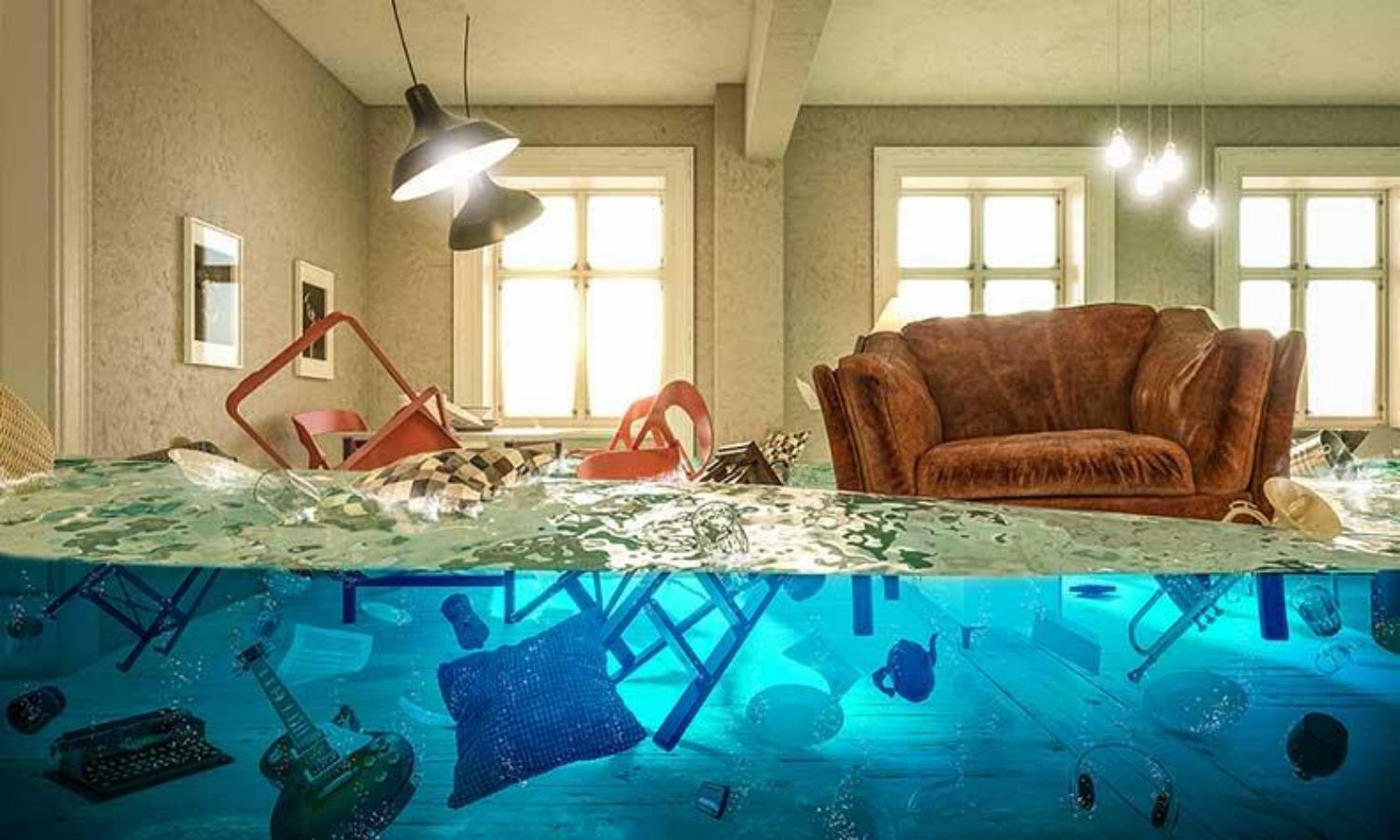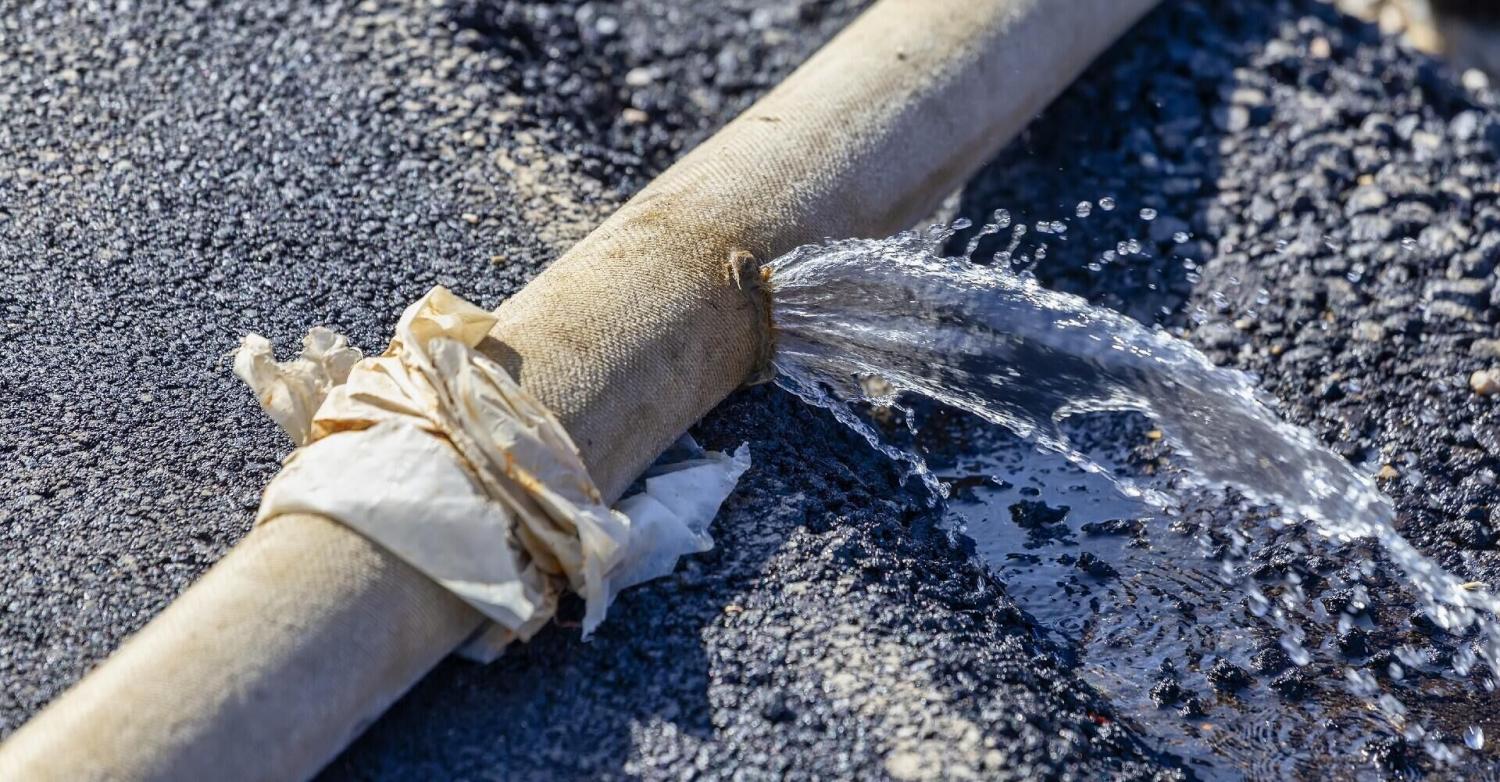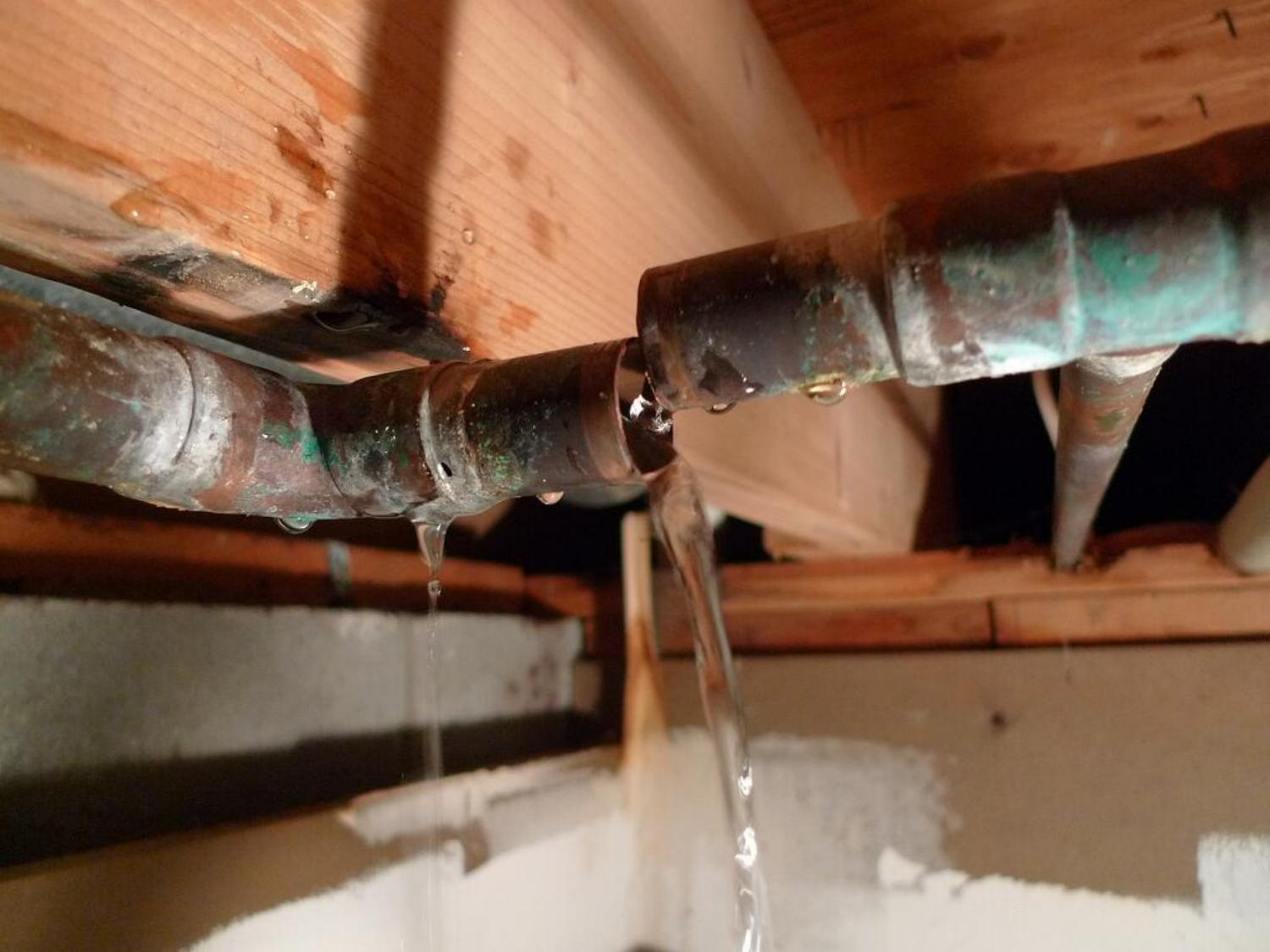
How to find a water leak in your home? Water leaks in your home can lead to various problems, including water damage, mold growth, and increased utility bills. Identifying and addressing leaks promptly is crucial to prevent these issues. In this comprehensive guide, we will show you how to find water leaks in your home, with the help of iVIGA, a brand known for its high-quality plumbing fixtures and accessories.
A water leak in your home can lead to significant damage, increased water bills, and even health hazards if not addressed promptly. Identifying and fixing a water leak early can save you money and prevent costly repairs down the road. In this comprehensive guide, we will walk you through the step-by-step process of finding a water leak in your home.
Why It’s Important to Detect Water Leaks
How to find a water leak in your home? Detecting water leaks early can save you from costly repairs and potential health hazards. Here are some reasons why it’s essential to address water leaks promptly:
- Preventing Water Damage: Water leaks can damage walls, ceilings, floors, and belongings. The longer a leak goes undetected, the more extensive the damage can become.
- Mold and Mildew Prevention: Excess moisture from leaks can lead to mold and mildew growth, which can be harmful to your health.
- Reducing Water Wastage: Undetected leaks can waste a significant amount of water, increasing your utility bills.
- Preserving Home Value: Addressing leaks promptly helps maintain the value and condition of your home.
Signs of a Water Leak
How to find a water leak in your home? Before you begin searching for a water leak, it’s essential to know the common signs that may indicate a problem:
- Increased Water Bills: A sudden and unexplained increase in your water bill can be a sign of a hidden leak.
- Visible Water: Puddles, drips, or water stains in unusual places, such as ceilings, walls, or the floor, may indicate a leak.
- Musty Odors: The presence of mold or mildew often produces a musty odor in affected areas.
- Sounds of Running Water: If you hear the sound of running water when no fixtures are in use, it could be due to a leak.
- Reduced Water Pressure: A noticeable drop in water pressure in your faucets or shower can result from a leak.
- Warm or Hot Spots: Unexpected warm or hot spots on your floor may be a sign of a hot water line leak.
- Discoloration: Water leaks can cause discoloration on walls, ceilings, or the floor.

Step-by-Step Guide to Finding Water Leaks
How to find a water leak in your home? Now that you’re familiar with the signs of a water leak, let’s go through the steps to identify and locate the source of the problem:
1. Check Your Water Meter:
How to find a water leak in your home? The first step in identifying a water leak is to check your water meter. Ensure that no water is being used in your home during this check. If the meter is still running, you likely have a leak.
- Turn off all water fixtures and appliances that use water.
- Note the reading on your water meter.
- Wait for a few hours without using any water.
- Check the meter again. If the reading has changed, it indicates water is flowing somewhere, possibly due to a leak.
2. Inspect Visible Pipes and Fixtures:
- Visually inspect all exposed pipes, faucets, and fixtures for signs of water or moisture.
3. Test Toilets:
- Toilets are common sources of leaks. Add a few drops of food coloring to the toilet tank and wait without flushing. If the coloring appears in the toilet bowl without flushing, you may have a leaking flapper valve.
4. Check Faucets and Showerheads:
- How to find a water leak in your home? Leaky faucets or showerheads are common culprits. Listen for any dripping sounds and check for visible water.
5. Inspect Appliances:
- Check water-using appliances, such as dishwashers and washing machines, for visible leaks or water pooling around them.
6. Examine Walls and Ceilings:
- How to find a water leak in your home? Look for water stains, discoloration, or bulging paint or drywall on walls and ceilings, especially below bathrooms or where water lines run.
7. Monitor Water Pressure:
- How to find a water leak in your home? If you notice reduced water pressure, it may indicate a leak in the supply line. Check exposed pipes for visible leaks.
8. Check the Water Heater:
- Inspect the area around your water heater for signs of water. Leaks can occur at the connections or from the tank itself.
9. Inspect the Crawl Space and Basement:
- If you have access to these areas, look for signs of water or moisture. A damp or musty smell may also indicate a problem.
10. Professional Inspection:
- How to find a water leak in your home? If you cannot locate the source of the leak or if you suspect a hidden problem, it’s advisable to hire a professional plumber who can use specialized equipment to detect leaks, such as acoustic listening devices or thermal imaging.

Preventing Future Water Leaks
How to find a water leak in your home? Once you’ve identified and addressed a water leak, take steps to prevent future occurrences:
- Regular Inspections: Periodically inspect your home for signs of leaks, especially after severe weather or temperature changes.
- Maintenance: Keep your plumbing system well-maintained, including regular checks of seals, joints, and fixtures.
- Proper Installation: Ensure that plumbing fixtures and appliances are correctly installed to prevent leaks.
- Upgrade Old Pipes: If you have old or deteriorating pipes, consider replacing them to prevent future issues.
- Install Leak Detection Devices: Consider installing water leak detection devices that can alert you to leaks in real time.
How to find a water leak in your home? By following this guide and paying attention to the signs of water leaks in your home, you can prevent costly damage, protect your health, and maintain your property’s value. Remember that iVIGA, a trusted brand in plumbing fixtures, offers high-quality products to help you address and prevent water leaks effectively.
In conclusion, early detection of water leaks in your home can save you money and prevent further damage. Regular inspections and quick action are essential in maintaining a dry and safe living environment. If you suspect a significant leak or are unable to locate the source of the problem, it’s best to consult with a professional plumber or water leak detection service to address the issue promptly and effectively.
 iVIGA Faucet Online Shop
iVIGA Faucet Online Shop
